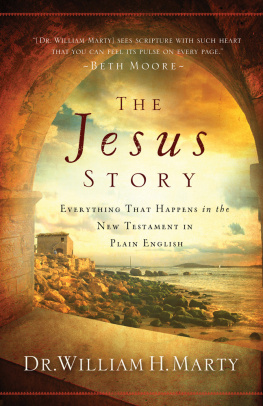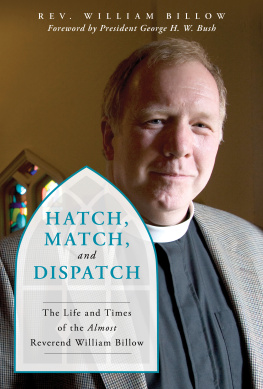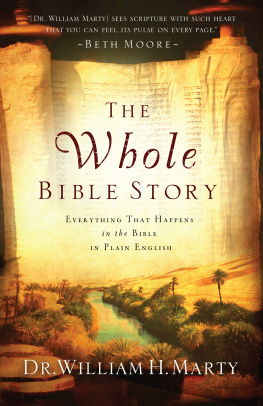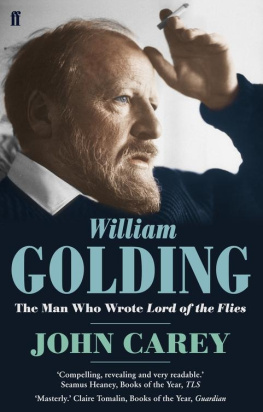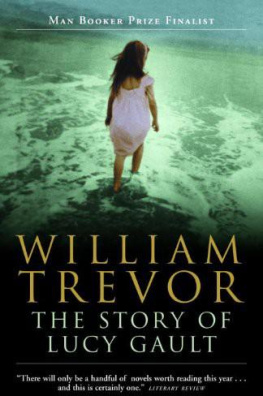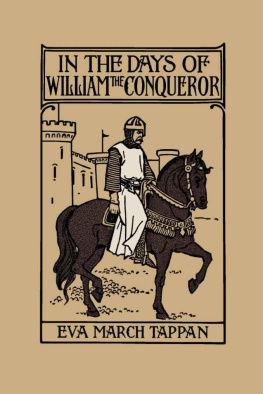Publication of this book was made possible by a grant from Werner D. Mueller.
2004 by The Kent State University Press, Kent, Ohio 44242
ALL RIGHTS RESERVED
Library of Congress Catalog Card Number 2004017929
ISBN 0-87338-817-8
Manufactured in the United States of America
08 07 06 05 04 5 4 3 2 1
LIBRARY OF CONGRESS CATALOGING-IN-PUBLICATION DATA
Vlcek, Frantiek J., 1871
[Povdka mho ivota. English]
The story of my life / Frank Vlchek; translation edited by Winston Chrislock.
p. cm.
ISBN 0-87338-817-8 (alk. paper)
1. Vlcek, Frantiek J., 1871- 2. Czech AmericansBiography. 3. ImmigrantsUnited
StatesBiography. 4. BusinessmenOhioClevelandBiography. 5. Cleveland
(Ohio)Biography. 6. Bohemia (Czech Republic)Biography.
I. Chrislock, Winston. II. Title
E184.B67V513 2004
977.1'32004918604371DC22 2004017929
British Library Cataloging-in-Publication data are available.
Many of my friends have requested that I write an autobiography. They were aware of my youth, of how I came from meager beginnings, and of how I gained influence and friendship as a Czech immigrant in American circles. So, I have written my autobiography, though I am aware that many hundreds of my compatriots who have also achieved success could give a similar recounting of interesting portraits of the American and especially the Czech American environment.
My life experience has taught me what others have learned through education in the schools. Many experiences were bitter, but nevertheless, I gladly remember my origins and my struggle through the many years that I made my way in foreign surroundings.
F. J. VLCHEK
In Cleveland, May 10, 1928
Frank Vlcheks autobiography provides a source to the history of Czech immigration and assimilation from the postCivil War era through the 1920s. Born of peasant parents in Budyn, southern Bohemia, in 1871, Vlchek was the last of fourteen children. Lack of land and opportunity compelled him to leave his village and seek work in smithing. During his early teens he was an apprentice and a journeyman blacksmith. He traveled through southern Bohemia and lower Austria to ply his trade. However, after his journeyman experiences and following his return to Budyn, he concluded that there was no real future there, and so in 1888 at age seventeen he followed two older sisters to Cleveland, Ohio, where he settled and lived for the rest of his life. His life in Cleveland from 1888 until his death in 1947 was a chronicle of how an immigrant with scant means plied his trade, capitalized on opportunities created by Americas industrial growth, and built a major industrial enterprise.
Vlcheks assimilation process in Cleveland is a microcosm of a late-nineteenth-century immigrants experience once in America. By 1890 Cleveland had become home to Americas second largest Czech community; only Chicago exceeded it. It was a magnet for thousands of Czechs from Vlcheks birthplace in the Psek region of Bohemia. Push and pull factors contributed to this. Among the push factors were the growth in population brought on by falling child mortality rates and the regions propensity to produce large families. Vlcheks situation, being the fourteenth of fourteen children, might have been a bit extreme, but population pressures pushed him and many of his peers off their ancestral lands and out of their villages. They were left with several choices. They could make their way to industrial citiesPrague, Vienna, Plzein central Europe; seek work as skilled tradesmen in smaller towns in the region; or emigrate to the United States. Vlchek opted for the latter two choices, finally settling on emigration.
Vlcheks move to Cleveland was typical of the chain of immigration, a process by which immigrants from the same family or region in the mother country attracted their relatives and acquaintances to their new surroundings. By the 1870s several firms expedited Czech immigration. The German-American Line based in Hamburg employed Josef Pastor, a Czech journalist and entrepreneur, to assist Czechs seeking to immigrate, and Kares and Stozky, a Czech-owned firm based in Bremen, did likewise. Both firms arranged for ticketing of immigrant passengers, bribing of Austrian customs officials, and the performing of other functions related to immigration. As a consequence, most Czech immigrants left Europe by way of Hamburg or Bremen. Vlchek went through Bremen, and it is clear that Kares and Stotzky were of assistance in getting him across the Austro-Hungarian border and arranging for rail and steamship passage.
He selected Cleveland as his destination because an older sister had already settled there six years earlier, and a still older sister had immigrated three years before that. Czechs began flocking to Cleveland after the American Civil War, and ten years before Vlcheks arrival there were estimated to be fifteen to eighteen thousand Czechs residing in Cleveland. Vlchek had good company when he immigrated, as Czech arrivals numbered from three hundred to one thousand yearly from 1878 to 1891.
Vlcheks beginnings in Cleveland are indicative of several factors relating to the immigrant experience. The first was the problem of livelihood, and the second was the relationship among ethnic groups then residing there. The Czech immigrant community in Cleveland had settled in several neighborhoods, and within them they had established networks that included informal employment agencies. Vlchek had several employment possibilities after his arrival in Cleveland. Day laborers, strike breakers, and skilled artisans were in demand. In short succession, Vlchek took on a variety of jobs, none of which were satisfactory. In some instances Czechs assisted him or, because he spoke little English, they exploited him.
Vlcheks experience reflected relations between and among ethnic groups in Cleveland in the 1880s. The city was no melting pot but rather a collection of ethnic neighborhoods. Employment, however, often required workers to work for firms or individuals outside of their ethnic group. That was true for Vlchek. He worked for an Anglo (Hart Manufacturing Company), a Czech (Petr), a German (Ebert, who only hired Czechs), and an Irishman (whose real name was not divulged) with whom he lived and boarded. Exposure to groups outside his own taught him about American business practices. This enabled him in 1895 to open his own firm.
Vlcheks account of his early years in Cleveland is indicative of other aspects of Czech life there. By the 1890s Czechs had organized a number of Roman Catholic national parishes and fraternal lodges. Many Czechs after their arrival in the United States often broke with Roman Catholicism and gravitated toward religious liberalism, or free thought. Consequently, there were many free-thought societies located next to or near Catholic organizations. Both groups perpetuated Czech cultural life through their amateur theater, gymnastic, and music groups. At the same time they engaged in vituperative attacks on one another. Although Vlchek professes to have stood aside from this controversy, as a very devout Catholic he had little sympathy for Czech freethinkers. He regretted that the feud stood in the way of national work.



 Kent & London
Kent & London

